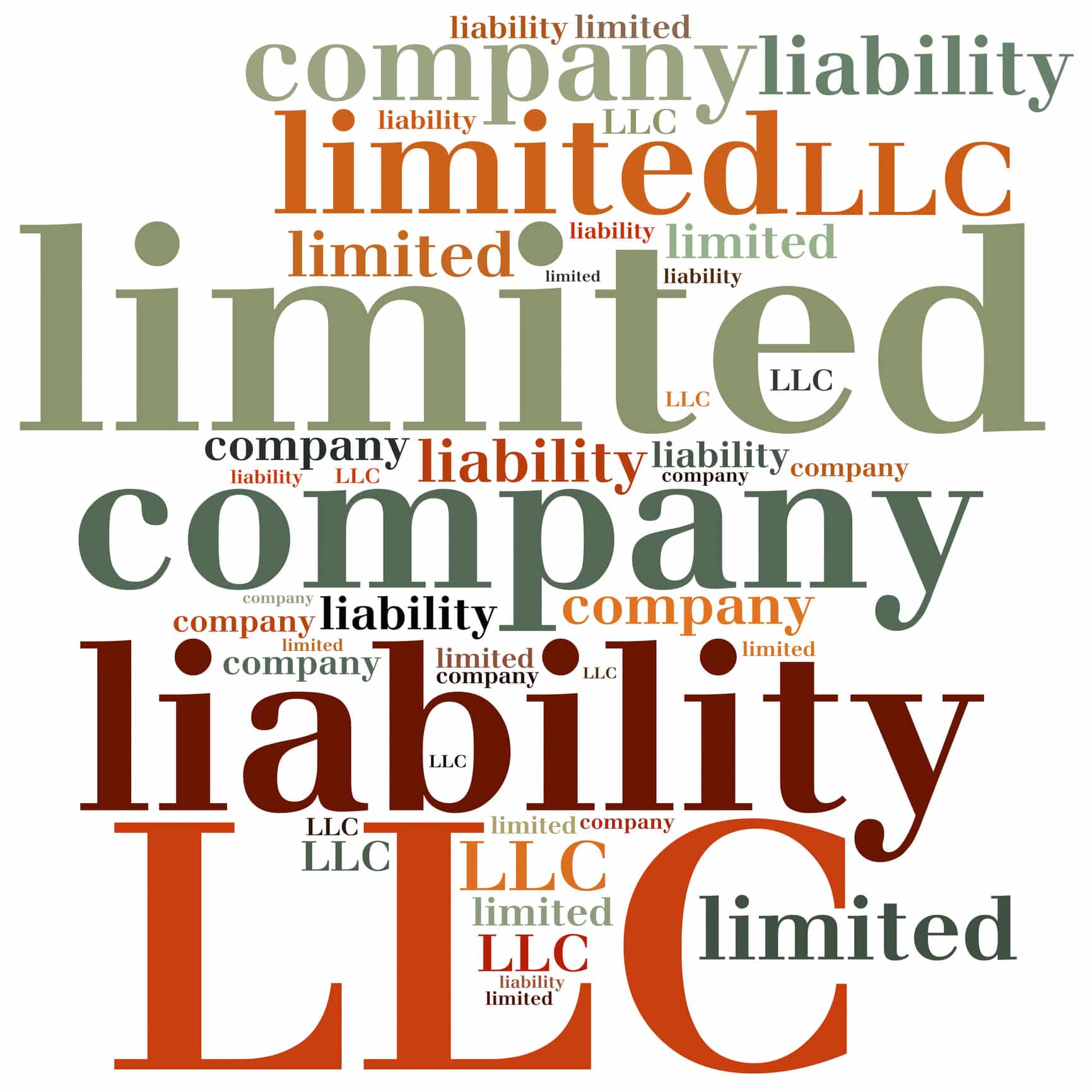
Insulating Yourself from Personal Liability
Forming an LLC, according to Attorney Scott Slawson, can be a solid investment for small businesses, and much more than just a necessary evil. The formation of an LLC can shield a business owner from personal liability in a lawsuit and offer confidence to a business owner that personal assets are insulated.
Slawson, an attorney with McDonough Law Group, said he recommends the formation of corporations or LLCs to business owners, no matter how small the business. In fact, Slawson’s own small business and real estate holdings are formed as or owned by LLCs.
He does warn that even with this protection in place, business owners still must operate with behavior that is beyond reproach. Paying personal bills through a business account, comingling funds, or signing a personal guarantee of business debts can cause liability concerns.
The process of forming a corporate entity – Limited Liability Company (LLC), Limited Liability Partnership (LLP), corporations, or Wyoming’s closed corporations – is critical to prepare a company in the event a lawsuit is brought against it. “A lot of people don’t want to invest in that, but it’s an ounce of prevention type of situation,” Slawson said.
Slawson said Wyoming has long been on the cutting edge of business law. Not only was Wyoming the state that developed LLCs, but it also developed closed corporations, closely held corporations with a limited number of shareholders. “We do the formation of all of those,” he said. “We figure out what is in the best interest of the client. Are they better off being an S Corp for taxation reasons? We work with their accountants to make the best decisions based on how they would like to pay taxes.”
Another level of protection is having general liability insurance properly in place. Though it may sound like a tall tale, Slawson said he has personally known someone who slipped on a banana peel and fell in a supermarket, proving that strange things happen. Don’t allow a slip like this one, he said, to bankrupt your business. Some insurance policies, set up correctly, will pay defense and indemnification costs if a court decision doesn’t go in favor of your business.
Slawson said insurance is involved in nearly all cases, whether they involve loss or damage due to natural disasters, lawsuits, or employment disputes, which is (if obtained) covered by Employee Practice Liability Insurance. Whether a plaintiff or defendant in a case, insurance is beneficial to all involved in terms of paying a judgment, or collecting on a judgment with confidence that the funds are available through the policy. Insurance information is typically provided to attorneys at the beginning of a suit to determine, moving forward, what policies are in place that may or may not pay fees and settlements or judgments. Moreover, if a claim against a business totals an amount at or higher than the insurance policy limits, Slawson said an attorney under certain circumstances can help ensure that insurance pays settle the claim for policy limits.
Ultimately, though, representation by a skilled legal team can free up a business owner to do what they do best – run and grow their business. Whether it’s proactive preparation or timely tactics, Slawson and the rest of the McDonough Law team can be contacted by calling 970-776-3311.
